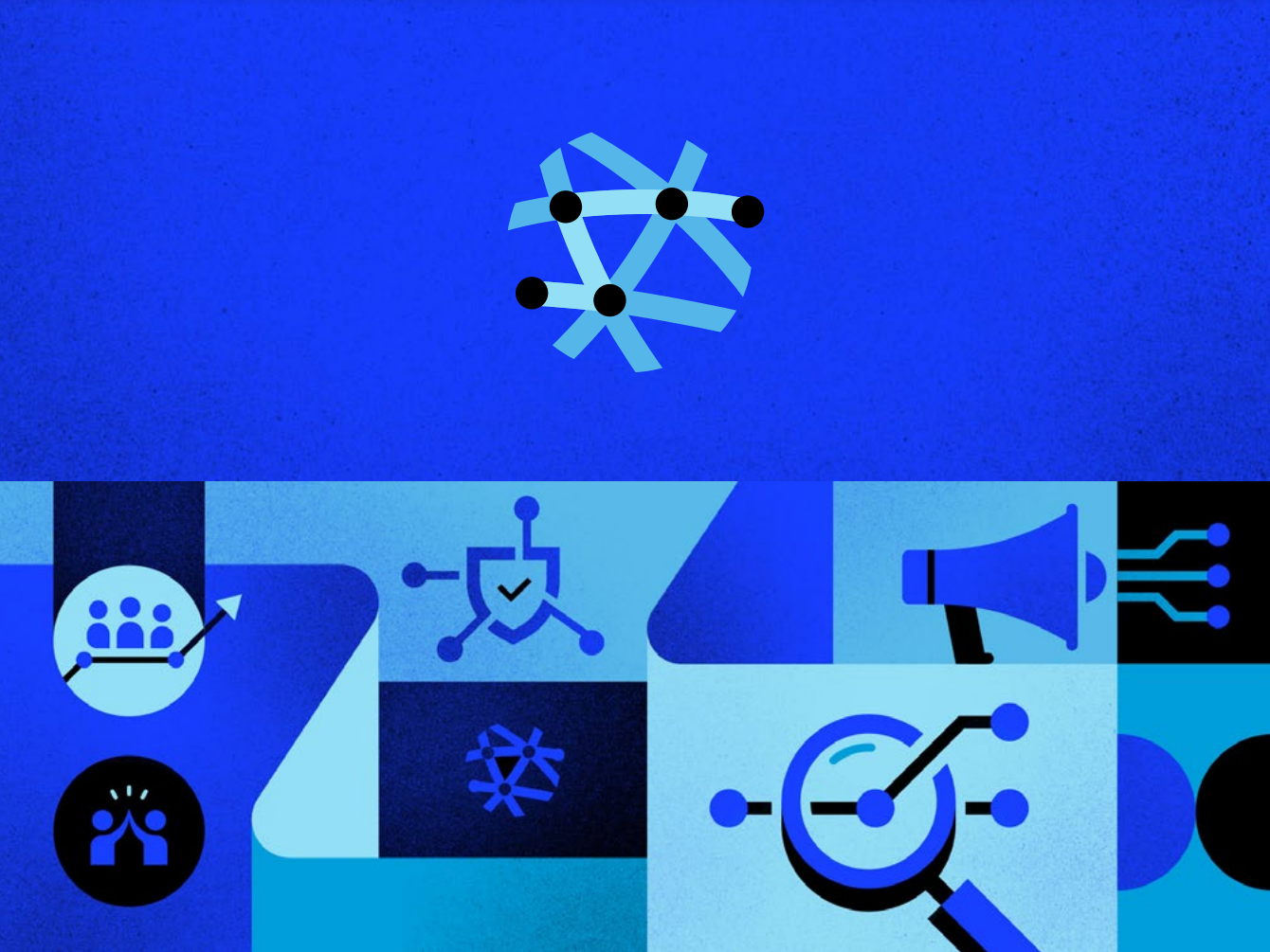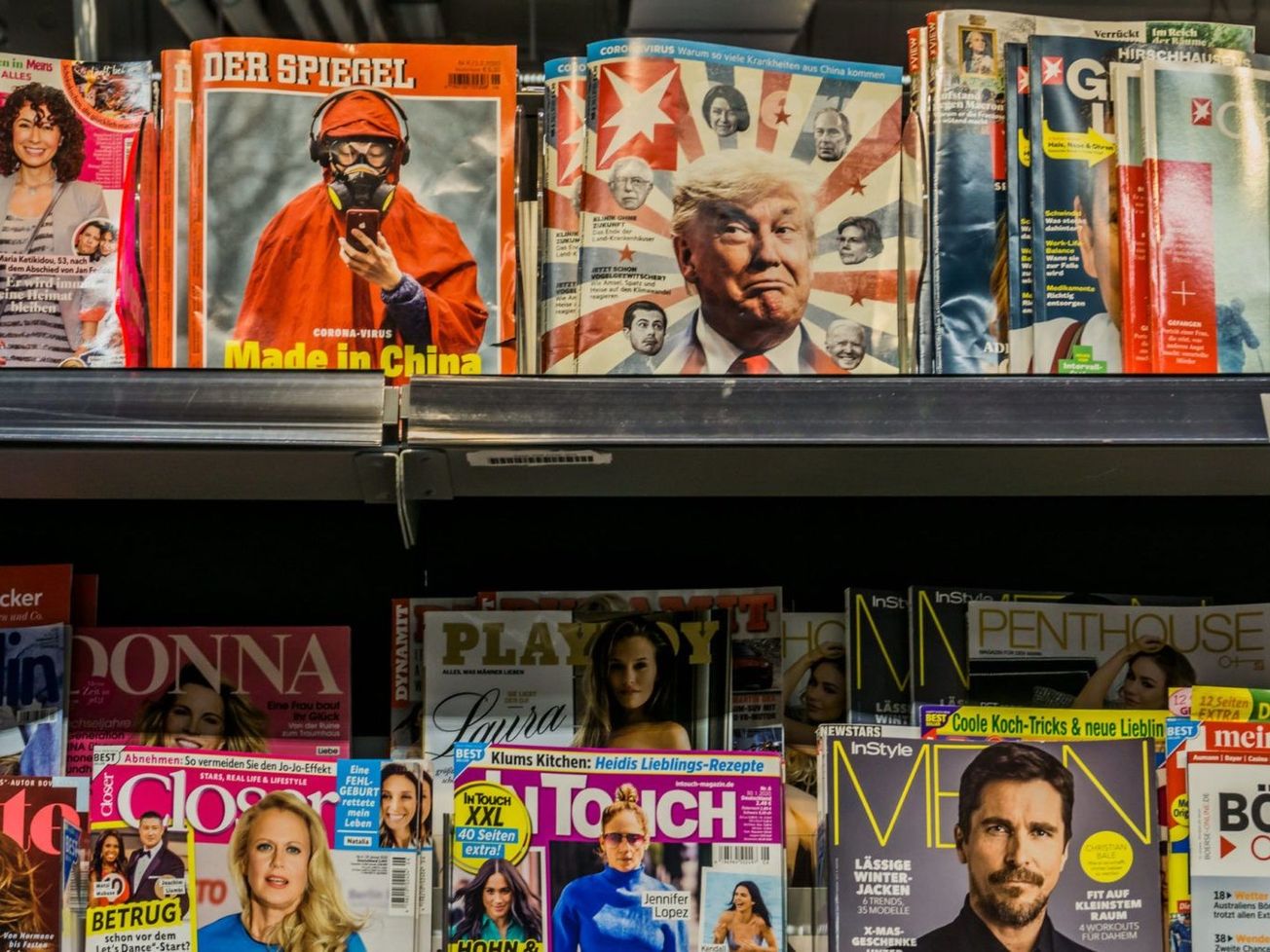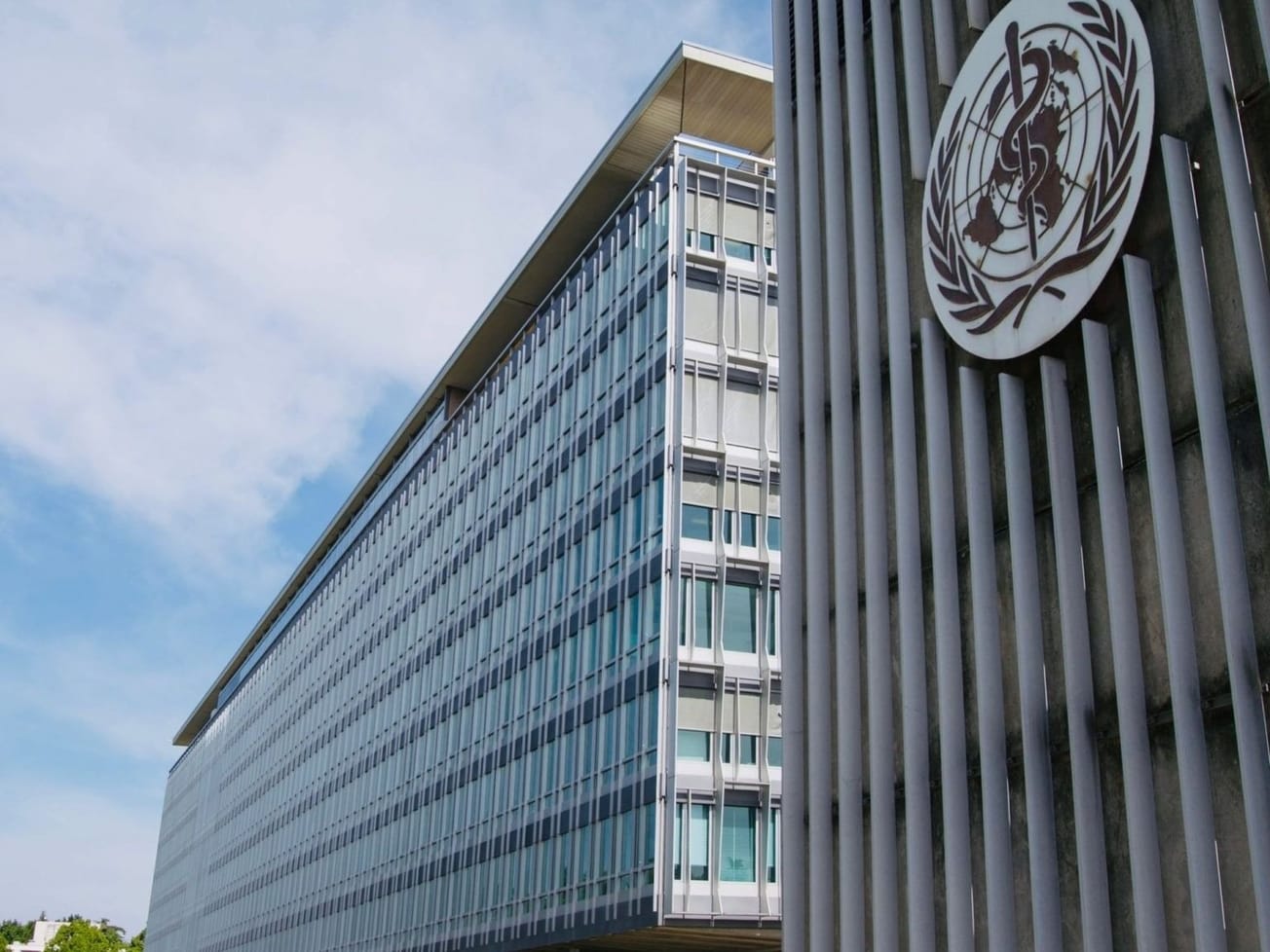The United Nations introduced its Global Principles for Information Integrity, urging governments, tech companies and others to combat the spread of misinformation, disinformation and hate speech online.
U.N. Secretary-General António Guterres, presenting the principles at U.N. headquarters, warned of a world increasingly shaped by digital distortions and the frenetic adoption of artificial intelligence. He cited conflicts, the rapid rise of AI-boosted capabilities, and state-run disinformation campaigns as fueling unreliable and harmful information systems that threaten global stability, democracies and human rights.







